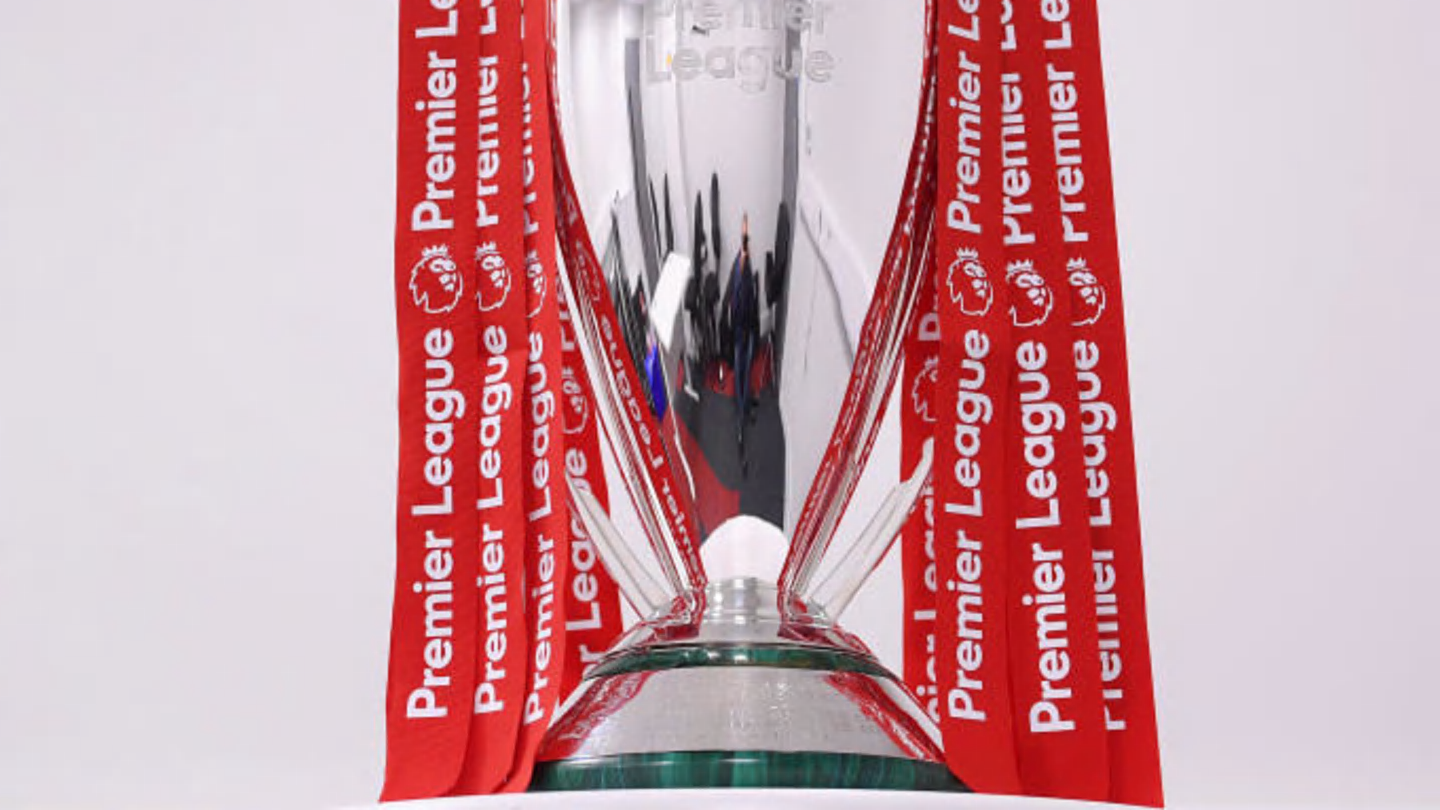Even when it's the international break, Liverpool and Manchester United manage to figure out a way to command the headlines.
The duo are behind the controversial Project Big Picture, a thorough list of proposed changes to the Premier League, English Football League and the football landscape as a whole.
There's been a whole lot said about the proposals, but here's a breakdown of what you need to know.
What Are the Changes?
EXCLUSIVE The biggest changes to the Premier League since its inception, driven by Liverpool & Manchester United. Full story: https://t.co/EDm1RjHs3c
— Sam Wallace (@SamWallaceTel) October 11, 2020
If these plans become reality, the changes we'd physically see to the structure of the leagues would be quite intriguing.
The Premier League would be cut down to 18 teams, but there would still be three relegation and promotion spots. However, instead of the Championship play-offs, the team who finishes 16th in the Premier League will be thrust into a four-team tournament to play for the final spot against third, fourth and fifth in the second tier.
The League Cup and Community Shield could also be done away with completely, or perhaps without the teams competing in Europe to allow them to focus their efforts elsewhere.
However, the real controversy comes to the behind-the-scenes changes.
How Would the Changes Impact Voting?
But if all of this is predicated on those nine longest serving teams getting exclusive voting rights, it shouldn't happen. Can't have lots of good ideas built on the back of one utterly terrible one #PremierLeague
— Travis Tyler (@Travtical) October 11, 2020
This proposal would give a lot of control to the nine teams who have been in the Premier League for the longest: Arsenal, Chelsea, Everton, Liverpool, Manchester City, Manchester United, Southampton, Tottenham and West Ham.
The current voting system, which requires 14 out of 20 Premier League teams to approve a change, would be replaced with a system which simply requires six of the nine 'long-term shareholders' to say yes.
That group of nine would also have the power to approve or reject any potential takeovers at any other club in the division.
Any Other Changes?

There are some positive ideas in the behind-the-scenes changes, many of which would be warmly welcomed by fans across the country.
One such proposal is the introduction of a fan charter, which would see away tickets capped at £20, away travel subsidised and try and usher in the return of safe-standing areas.
Why Would Teams Agree?
Don’t dress this up as saving the EFL. Blatant power and money-grab driven by billionaire clubs and just a stepping stone to the long-rumoured super league. https://t.co/H6J9jtjon4
— Chris Konrath ?? (@chriskonrath) October 11, 2020
Money.
In an economic climate which has been ravaged by the COVID-19 outbreak, many smaller sides are on the brink of collapse, and Project Big Picture offers the financial aid of which plenty of teams are in desperate need.
£250m would be paid up-front to the EFL, while 25% of the Premier League's annual revenue would also go the EFL each year. A £100m 'gift' would also be given to the Football Association to help them stay afloat too.
Who's Behind the Proposal?

The document, entitled 'Revitalisation', has been written up by the group who own Liverpool, Fenway Sports Group.
Manchester United have also been revealed as a driving force behind the proposal, with the two teams hopeful of ushering in change soon.
Who Has Supported it?
EFL boss Rick Parry fully backing a move that:
— Dale Johnson (@DaleJohnsonESPN) October 11, 2020
- gives all the power to the biggest clubs
- cuts the number of clubs in the league from 92 to 90
- scraps the EFL Cup
- Reduces Championship playoff places from 4 to 3 and gives the third bottom PL team a chance to stay up. https://t.co/N7CefOxt1g
The most vocal supporter of the plan has been EFL chairman Rick Parry, who has spoken with both Liverpool and United about it all.
Parry has claimed to have the support of plenty of the 72 sides in the EFL, many of whom are in desperate need of financial relief if they are to avoid collapse. In a statement, he insisted that the need for a 'complete rethink' when it comes to the funding of English professional football has been long overdue.
Liverpool and United also 'expect' to have the support of the rest of the big six: Arsenal, Chelsea, Tottenham and Manchester City.
Who Is Against it?
Premier League attacks plan to restructure the leagues as “damaging” for the whole game and is particularly critical of Rick Parry’s role pic.twitter.com/N716ykWq2j
— Rob Harris (@RobHarris) October 11, 2020
Pretty much everyone else.
The Premier League released a statement condemning the proposal and criticising Parry for being so outspoken in his support, insisting that financial relief can be found without monopolising the football pyramid.
It's not hard to find people who disagree with the plans on social media. Fans, pundits and journalists have all spoken out against the ideas.
Huge story with potential huge consequences. Makes me feel a bit sick tbh. https://t.co/VHVrML29Bg
— Matt Law (@Matt_Law_DT) October 11, 2020
Here's an idea for Project Big Picture: the 'Big 6' bugger off to a European Super League we can all ignore and let us go back to enjoying football again.
— James Turley (@onejaytee) October 11, 2020
Prediction for what comes next for Project Big Picture. Liverpool and Man United blame it on Rick Parry as they try to wriggle off the hook of public condemnation. The other members of the Big Six will stay quiet. I hope the fan groups of #lfc and #mufc condemn this proposal
— Luke Edwards (@LukeEdwardsTele) October 11, 2020
Project Big Picture. Some very good ideas about how to restructure English football as a competition, but the price of basically handing the wheel to the Big Six is just too costly. These clubs are already too dominant - now they want special voting privileges.
— Christy Malyan (@ChristyMalyan) October 11, 2020
Will it Go Through?

It's hard to say.
There's reason to suggest that a lot of the smaller teams (those in the lower leagues with very little hope of climbing to the Premier League) would be in favour of the plans. They need that financial aid, fans could benefit and their team might even enjoy a deeper cup run as some of the big boys would no longer be involved. Parry seems to believe that kind of support is already there.
It's also clear why the bigger sides would be interested (who doesn't love unrivalled control?), but whether they would be able to bypass the moral ambiguity of the whole thing is a different question entirely.
For more from Tom Gott, follow him on Twitter!
Source : 90min
